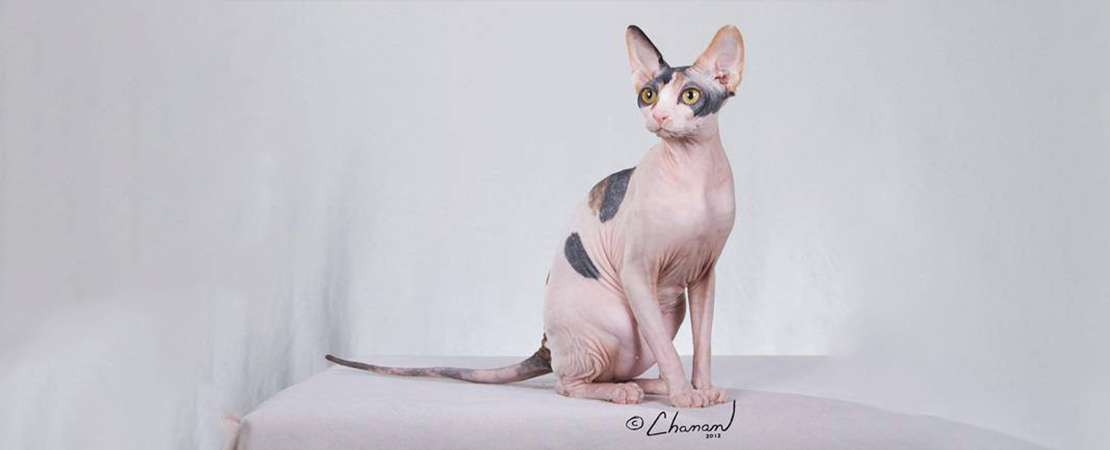Onychetomy (also known as declawing) is an elective surgical procedure to remove an animal’s claws by means of amputation of the distal phalanges of the animal’s toes. This includes amputation of the bone. If performed on a human being it would be like cutting off each finger at the last knuckle. Such procedures are only performed on humans for reasons such as tumors, malformation that affects the function, infection, severe post traumatic vascular damage, and gangrene.
While removing a cat’s claws may seem like an easy procedure, its extremely harmful to our feline companions. While most people think that a declaw procedure is simple and just removes the claws but there is much more to it. This procedure removes the third phalanx (including bone) which is the last digit of their paw. There are both immediate complications due to the procedure such as hemorrhaging, swelling, infection, and nerve trauma as well as long term risks like lameness, long term pain, arthritis, chronic draining tracts, retained material leading to claw regrowth, as well as behavioral issues from the pain and psychological damage.
Declawed cats are seven times more likely to urinate in inappropriate places, four times more likely to bite humans, three times more likely to be aggressive, and three times more likely to overgroom themselves. It is a cruel mutilation with life lasting pain. Declawed cats are more likely to have a difficult time walking because the ends of their toes have been removed. This forces the cat to walk on their soft cartilage that was previously part of their joints leading to chronic back pain. Simple cat behaviors such as covering their own waste in the litterbox become incredibly painful from arthritis causing the cat to urinate in other places. Because our cats can’t communicate with us in words, they express themselves with their behavior. Cats use their claws to protect themselves. When they lose that defense mechanism it can cause them to become aggressive because they feel threatened. They are unable to tell us this or tell us they are in pain, so they often act out in ways that are inappropriate to us.
Many cat owners declaw because they don’t understand the harmful effects, or they think their furniture will be destroyed by scratching. It is important to know that you can live harmoniously with your feline family and still maintain nice furniture by understanding a bit more about your cat’s natural behaviors. Cats have an amazing body. The need to stretch and part of that is with their claws. Having appropriate resources for your cat’s natural behaviors can make all the difference in the world. Providing cats with a scratching post or pad to scratch on is the most common way of accommodating their scratching needs. If there is a particular item in your home that your cat scratches on, you can place an appropriate scratcher in front of it. When your cat scratches the item given to them a reward should be given within 3 seconds to enforce their correct behavior. Regularly trimming your cat’s nails will decrease their need to scratch as well as keep their claws from getting snagged on items. Learn cat friendly play techniques as well as provide toys that are interactive and will enrich playtime. For nervous cats, diffusers or pheromone plug ins like feliway can help unwanted scratching behaviors as well. There are many ways to stop unwanted scratching without declawing.
The owners that declaw are often the same owners that rehome their cat at any inconvenience thus limiting the homes they can now go to due to inappropriate behavior caused by a painful declaw.
The American Association of Feline practitioners strongly opposes declawing as there is no medical reason for an elective declaw. It has become an ethically controversial procedure. Currently fewer than half of all veterinarian schools in the USA include mandatory lecture or laboratory to teach this surgery. Regardless of the method used, this procedure causes a significant amount of pain.
Declawing is banned in over 22 countries including England, Scotland, Wales, Italy, France, Germany, Austria, Switzerland, Norway, Sweden, Netherlands, Northern Ireland, Ireland, Denmark, Finland, Slovenia, Portugal, Belgium, Spain, Brazil, New Zealand, and Australia. Israel is one of the strictest countries when it comes to the procedure. Break this law in Israel and you will be fined up to $20,000 plus 1 year in jail. In the USA, New York was the first State to ban the procedure in 2019 but several cities including West Hollywood, San Francisco, Santa Monica, Los Angles, Denver, St Louis, and Austin have all delegalized the procedure.
-Lauren Underwood
